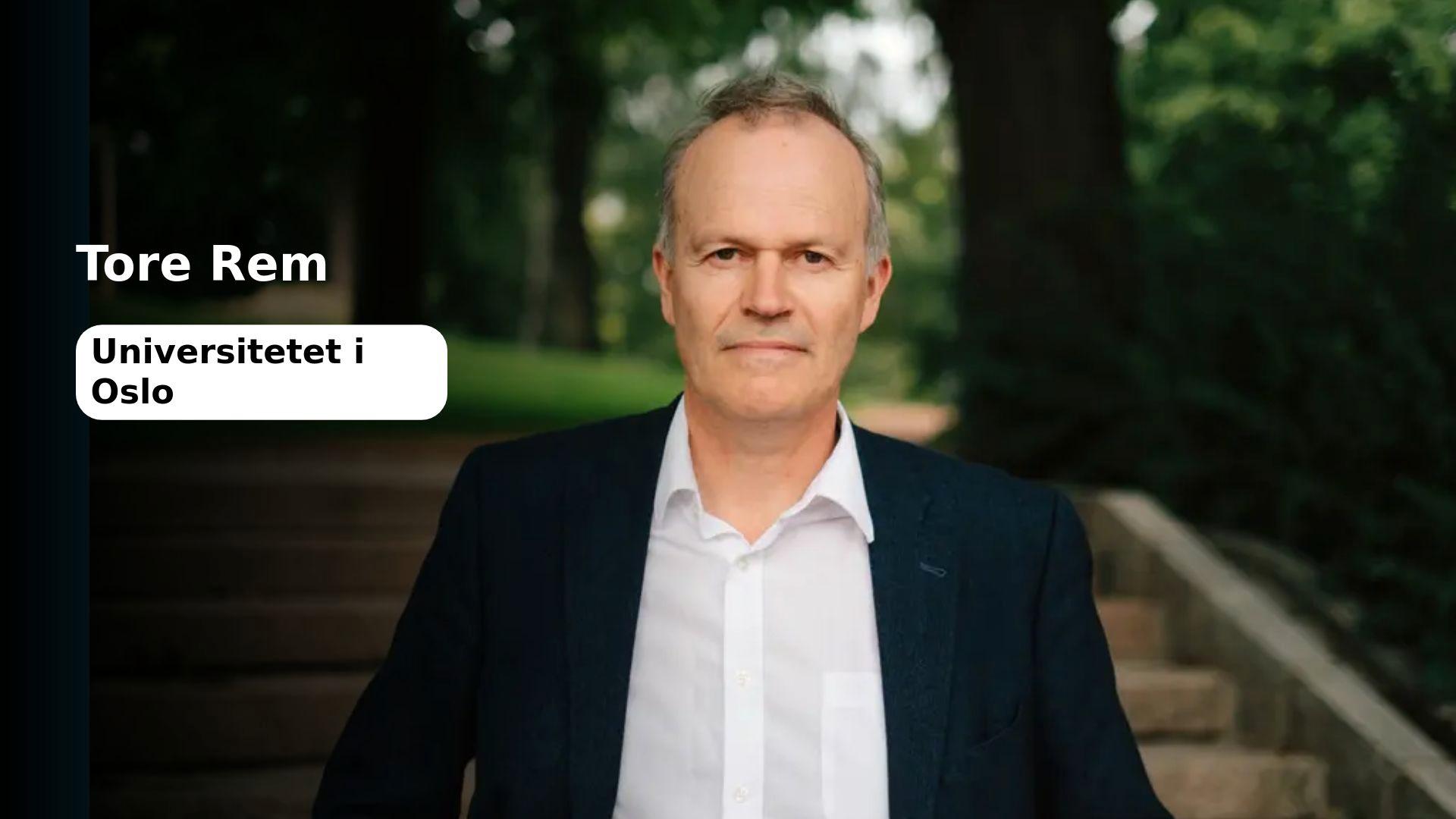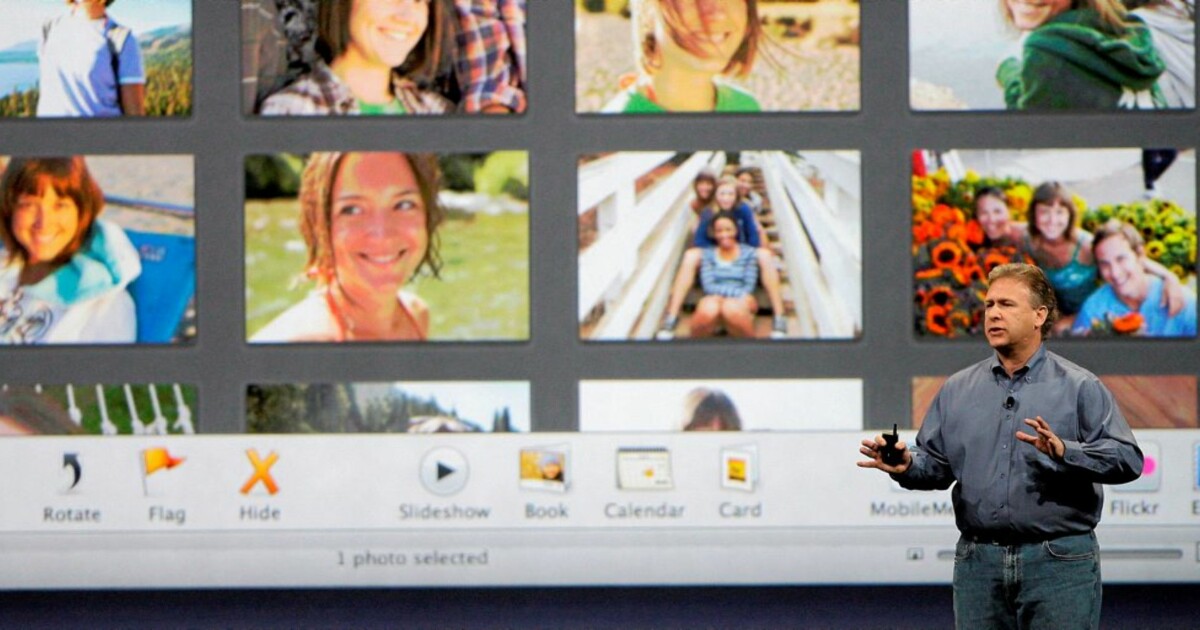As a university, we have a responsibility to illuminate and contribute to the development of democracy. Through the interdisciplinary initiative UiO: Democracy, the University of Oslo would like to invite you to a democracy workshop.
If you read democratic literature, sooner or later, maybe sooner, you will come across the famous Winston Churchill quote. “It has been argued that democracy is the worst form of government, despite all the other forms attempted from time to time,” declared Sir Winston in 1947.
This conscious statement of the primacy of democracy falls on an era that has strong experience with totalitarian alternatives. And it is meant as a warning. Democracy may have triumphed over Nazism, but that is not to be taken for granted.
It is undoubtedly possible to say better things about democracy.
Indian economist and philosopher Amartya Sen, for example, claims that there are three fundamental reasons for democracy’s appeal:
- Inherent – linked to individual dignity, freedom and ability (equal) to participate.
- Instrumental (democracy is good because it works) – such as greater opportunities for peaceful coexistence, better well-being and health.
- Constructive, so an open exchange of words makes us better equipped to find the best knowledge and the best solutions for our challenges.
Threats to democracy
We live in a world where polls of major democracies, such as the Gothenburg-based Varieties of Democracy (V-Dem), consistently show that democracy is in retreat.
In addition, democracy struggles to maintain the important beliefs of citizens.
In 2020 it is mentioned in the report Global Satisfaction with Democracy that the proportion of those expressing dissatisfaction with democracy has increased by 10 percent between 1995 and 2019, to 57.5 percent.
Today, leading researchers argue that we need less democracy, not more, and studies are being written about how democracies wither and die.
Threats to democracy can seem overwhelming: fake news, conspiracy theories, echo chambers and polarization, populism, multinational giants, digital and other outsiders, rising inequality and, moreover, a series of crises – from the pandemic to the most basic of all, crises climate.
Big ambition
When the University of Oslo decided in 2021 to set up a major new interdisciplinary initiative on democracy, called UiO: Democracy, the challenge was well known.
Since then, we have had a war in Europe, a desperate war to put democracy issues on the agenda.
UiO: Democracy wants to contribute to increasing our understanding of the strengths and challenges of democracy. We will explore democracy as broadly understood, as a political system and as a way of life. Our liberal democracy depends on elections and institutions, but also on democratic values, lifestyles and culture.
Through an interdisciplinary approach, UiO: Democracy wants to explore five thematic tracks:
- Democracy as a form of government and democratic institutions.
- Citizens, diversity and inequality.
- The role and function of science.
- Democracy and crisis management.
- Democracy in everyday life.
We also want to be aware of how issues of technology, digitization, globalization and sustainability certainly impact the country and the development of democracy. In short, the ambition is big.
Democracy studies
As researchers, we must first analyze, find the best knowledge bases and the most durable theories – and make them available.
But as a university in a liberal democracy, we also have a special social responsibility – because we prepare to strengthen knowledge readiness, and because we are democratic institutions and democracy development.
We take that responsibility. But to deal with the big and complex problems facing the world and also world democracy, we need cooperation.
We can contribute with social scientists and humanists, with lawyers, theologians, doctors, and computer scientists, to name a few. But we must also collaborate across sectors, with volunteer work, schools, the public sector and business.
In the best democratic spirit, we need everyone on deck, or at least as many as possible. Therefore, we invite you to participate in democracy.
Possibility for renewal
What now for democracy? How can we strengthen participation? How can we increase trust? How can we be better equipped to face the many challenges we face?
If we take democracy for granted, if we are complacent with celebrating it, the signs of the times suggest we may lose it.
There are indeed many threats to democracy, as well as opportunities for democratic reform.
Populism should make democracy defenders think more about where it falls short, suggests political philosopher Jan-Werner Müller. The same goes for other threats to democracy today.
In a sense, democracy is always in crisis. Because the question of who owns, whose voice is heard, has never been fully answered.
It can always be developed, updated, improved
Democracy is an ideal, something that can never be fully achieved. It also means that it is a practice, one that can always be developed, updated, improved.
Some argue for “epistocracy”, rule by those who know best. That’s not the solution. But democracy, according to political scientist Carl Henrik Knutsen, “is better at acquiring new knowledge and spreading it among the population” than dictatorship.
We must strive for greater enlightenment, better understanding, and safer knowledge. But of course that is only the beginning.
Democracy is a value, democracy is a practice, democracy must be lived. And Churchill was right: the alternative is still worse.

“Music maven. Evil pop culture lover. Unapologetic creator. Friend of animals everywhere.”






